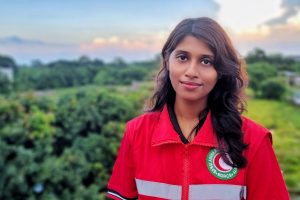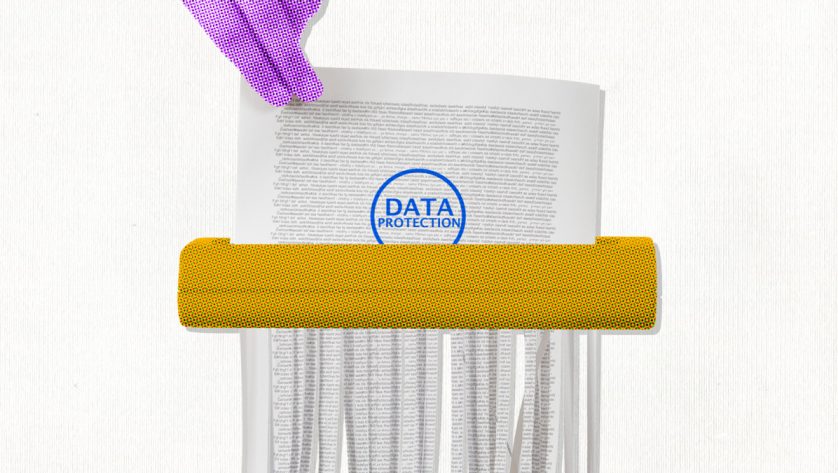Ready to save lives
After the training, Jakia explains that there is much more awareness about the importance of first aid around the school. Having students who know the basics and can help in case of an emergency is crucial – not just for this high school, but for all schools around the district, Jakia reflects.
Even though the training conducted by BDRCS volunteers was only three days long, Jakia feels confident that all the participants are able to handle complex situations. She also thinks that these skills can be easily passed on to other students, and even to their own family members.
Jakia does not take her new role as a first-aider lightly. “I learned that the aims of a first aider are three: first, saving lives; secondly, preventing the situation you are handling from becoming worse; and lastly, finding a way to improve the person’s condition,” she adds.
Even if these students never intend to take on the role of doctors, they can still provide primary care and help someone in need. “I was very attentive during the trainings and feel confident I can teach this to other people,” she says. “I’m happy to treat others as a first aider.”
 Red Cross Red Crescent magazine
Red Cross Red Crescent magazine 







 Tech & Innovation
Tech & Innovation Climate Change
Climate Change Health
Health Migration
Migration